Our team, as part of making the video documentary, visited a slum area located in Pokhara City, located near the airport. We also visited the weekly clinic conducted by one of the health facilities offering services to the residents. We were five people in our team including myself, two colleagues from HERD International and two videographers.
The Clinic
The outreach clinic is run once a week by one of the health facilities under Pokhara Metropolitan City aiming to provide health services to the residents of the slum area. The clinic delivers the service from 8:00 am to 12:00 pm. When we reached the clinic, it was already around 9:00 am. We exchanged introductions with the health facility in-charge and one of the nursing staff, both female, as they were waiting for people to visit the clinic. They told us that the clinic offers selected basic health care services such as short-term family planning methods, antenatal checkups, general outpatient examinations including blood pressure measurements, and treatments for injuries and skin diseases, among others. As people started to visit the clinic, I paused the conversation with clinic staff and kept myself a little away from the health check-up desk, and stood in a corner of the community hall where the clinic was running. Initially a group of children entered in the hall, spontaneously stood on a weighing machine and disappeared. Then two females approached to the health workers, got their blood pressure measured and went back. As patients came and went, waiting their turn, my attention picked up a man who had both his legs amputated. He appeared to me to have difficulty walking on his knees with support of his hands. As I approached him offering help to sit down, he smiled gently and with a soft voice said this has become a habit and he can do it by himself. He went near to the provider and sat on the bench. He interacted with them, checked his blood pressure, and took some medicines. Distantly, I was observing him, and every time I saw him smiling.
I approached him and asked if I could talk to him. Without a second thought, he said, “sure, where?”. I said wherever he feels comfortable. There was a mat on the floor near the clinic, where we sat before continuing conversation. . I introduced myself and the project we are implementing in Pokhara. After he agreed, we started our conversation. .. He is 30 years old and belongs to a disadvantaged caste, and has lived in this slum for last 9-10 years. He was previously a daily wage labourer, however 2 to 3 years ago he had an accident with a tractor which resulted in him having to have both legs amputated. His livelihood used to rely on his job, which he lost following his accident. His wife left him with a child, and he depends on his elder brother who provides him food and shelter. His only source of income is the disability allowance ($30 per month) that he gets from the government.
Unfolding the story
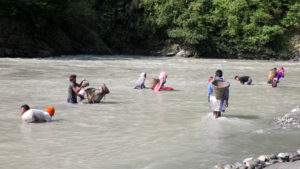
Care seeking perceptions and behaviour
He usually visits the clinic to check his blood pressure. I asked him if he had high blood pressure, to which he replied “I don’t, but in my family, they have it, like my mother and brother. Sometimes I fear I may also have this. People say, high blood pressure can later result to paralysis, and that it especially affects the look of your face, I cannot risk that.” He smiled and further added, “my kid says I look good.” I smiled back and said “yes, when you smile even more”. We both smiled at each other. At times, I was finding it a bit difficult to phrase my conversation thinking that I may hurt him unknowingly. He remained calm throughout the time. He believed that high blood pressure is the result of ‘bad food’, like oily food, but for him it is food that matters, rather than the type. “I don’t demand, it’s not about the taste or type, the important thing is its food. But I have a privilege, these madams (pointing his eyes towards the clinic and health workers) they routinely come here so it’s easy to visit this clinic and check the risk of blood pressure (hypertension).” I asked him if he visits other health care providers also, he said “I don’t have a wheelchair, and I don’t feel good to ask for support to go to distant places.” This time his smile faded away, I could feel his heart was getting heavier and his eyes confirmed this. A plane passed with a loud rumbling noise very close to the clinic, like a few meters above the roof, the slum area was located just a few hundred meters away from the airport, and frequent noise of plane was common. For a while there was a silence, he was caressing his shoulder looking at the floor. As I was about to say something, he added “Sometimes my body aches and there is pain in my joints pointing towards the knee, madams give me medicine. Luckily, I don’t have serious health issues to need to travel to distant health service providers,” he chuckled while concluding his sentence. I felt this expression could be his sarcasm. I found it bit difficult to respond and avoided eye-to-eye contact. Later, talking about his family, he talked about his kid and the school where he studies. I enjoyed talking about families with him, adding the experience of my fatherhood of two daughters. He seemed to have enjoyed this part too. Later I realized he didn’t have his breakfast, and shortly, we concluded our talk. As he made his way towards his home, I accompanied him until the clinic, and we departed with smiles.
He represents many more stories
Later as I was chatting with the health workers, they mentioned he is not only person living with a disability in these slum areas. There are other residents who have some forms of disabilities. One of the clinic staff mentioned that disabilities are mainly because of occupational hazards posed in their day-to- day jobs. One of my colleagues who is more familiar with the area mentioned that people with disabilities are comparatively common in this area. We discussed for a while. When we came out of the clinic, I looked around; the stairs, the road, the houses, the shops, the moving bus; and wondered how accessible these are to all, and if not, how can the health services be accessible.
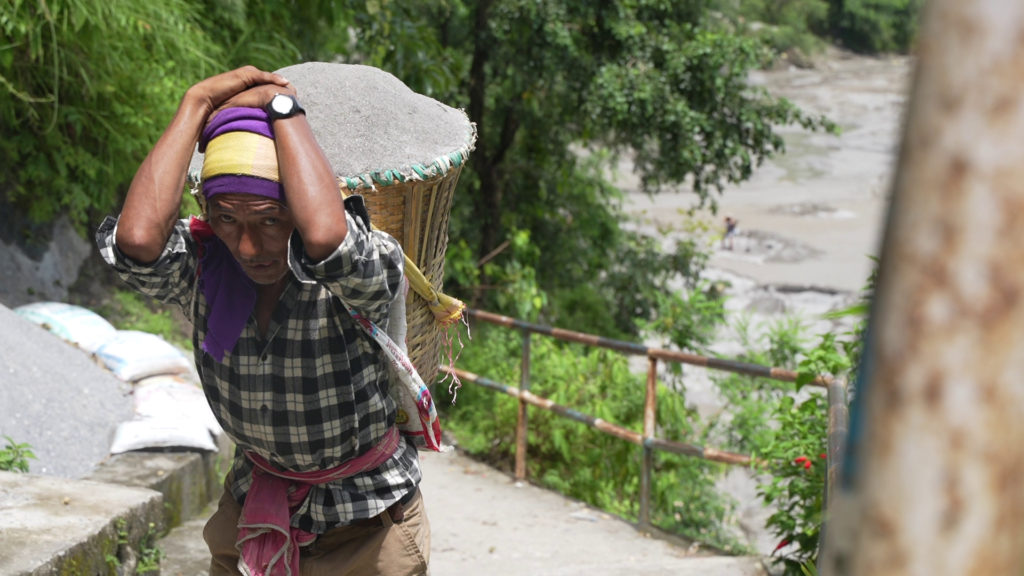
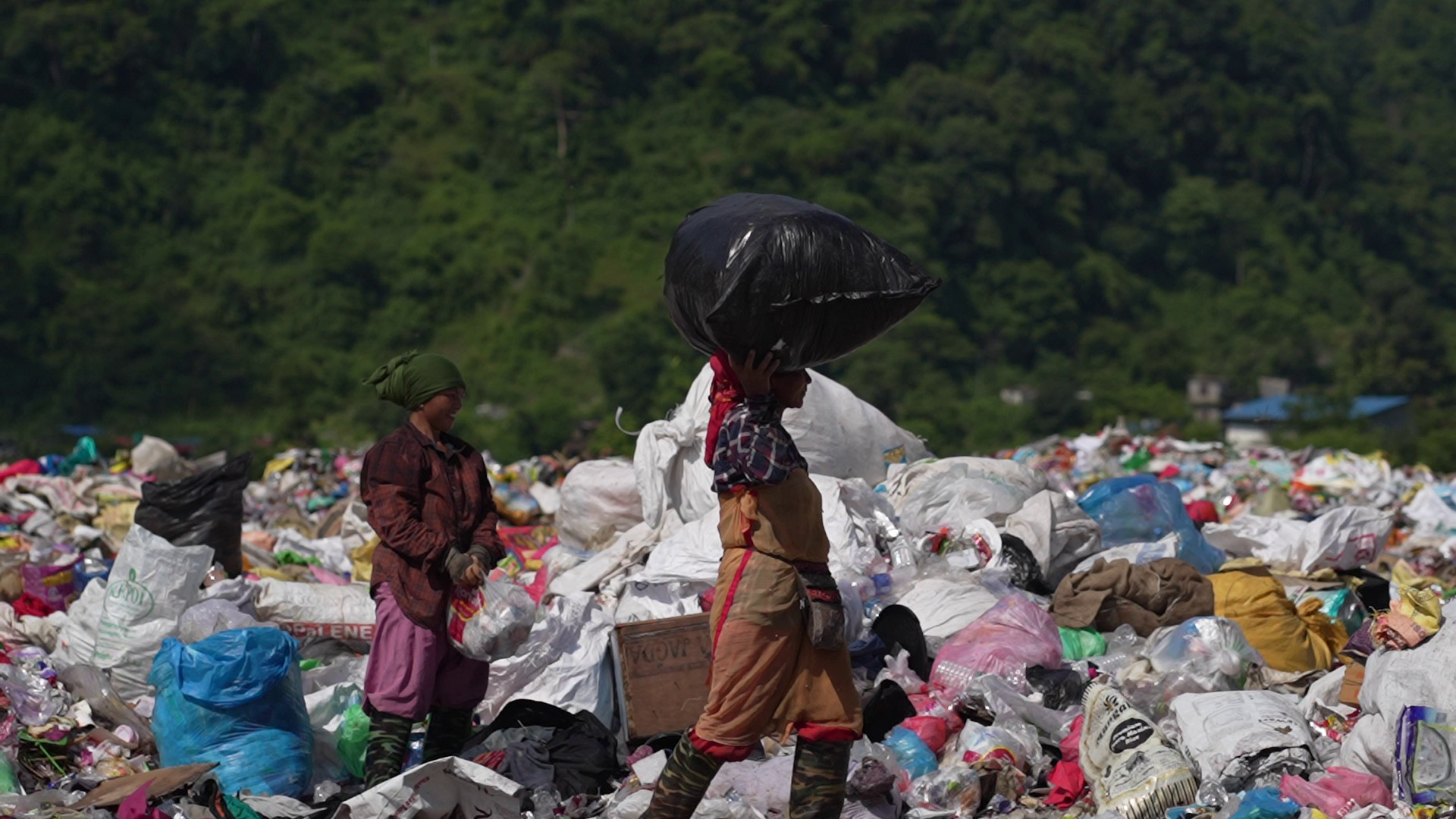
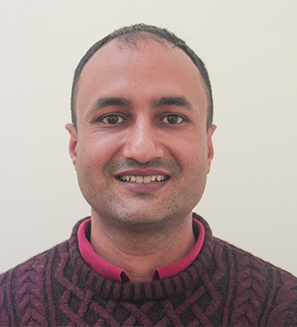
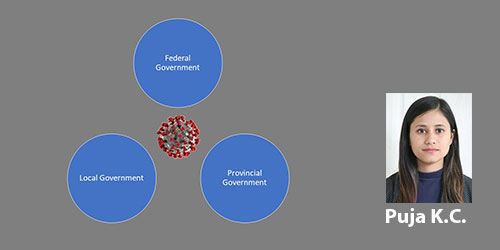
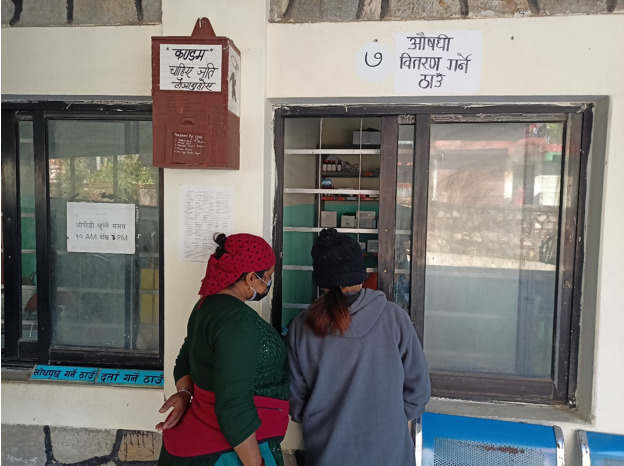
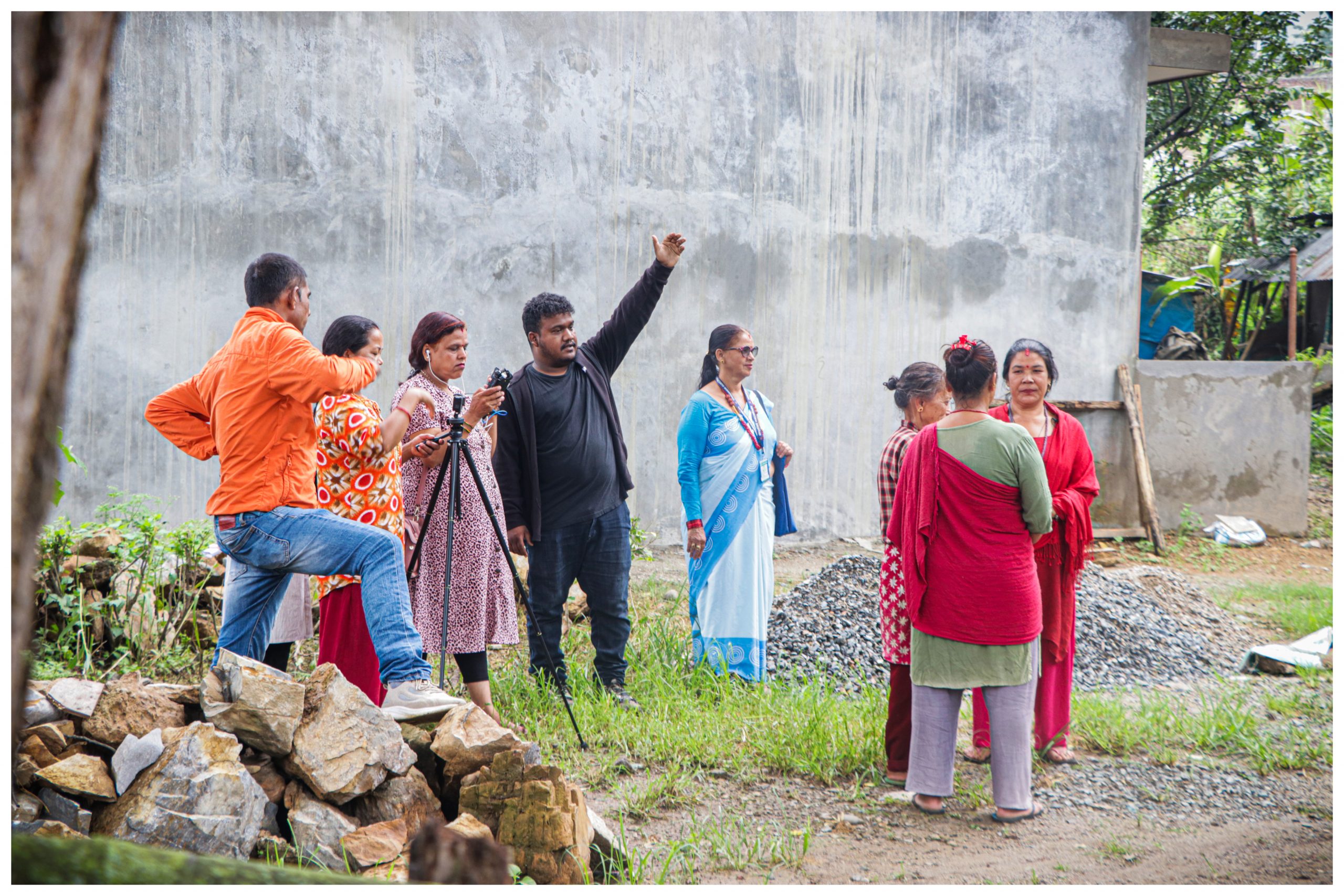
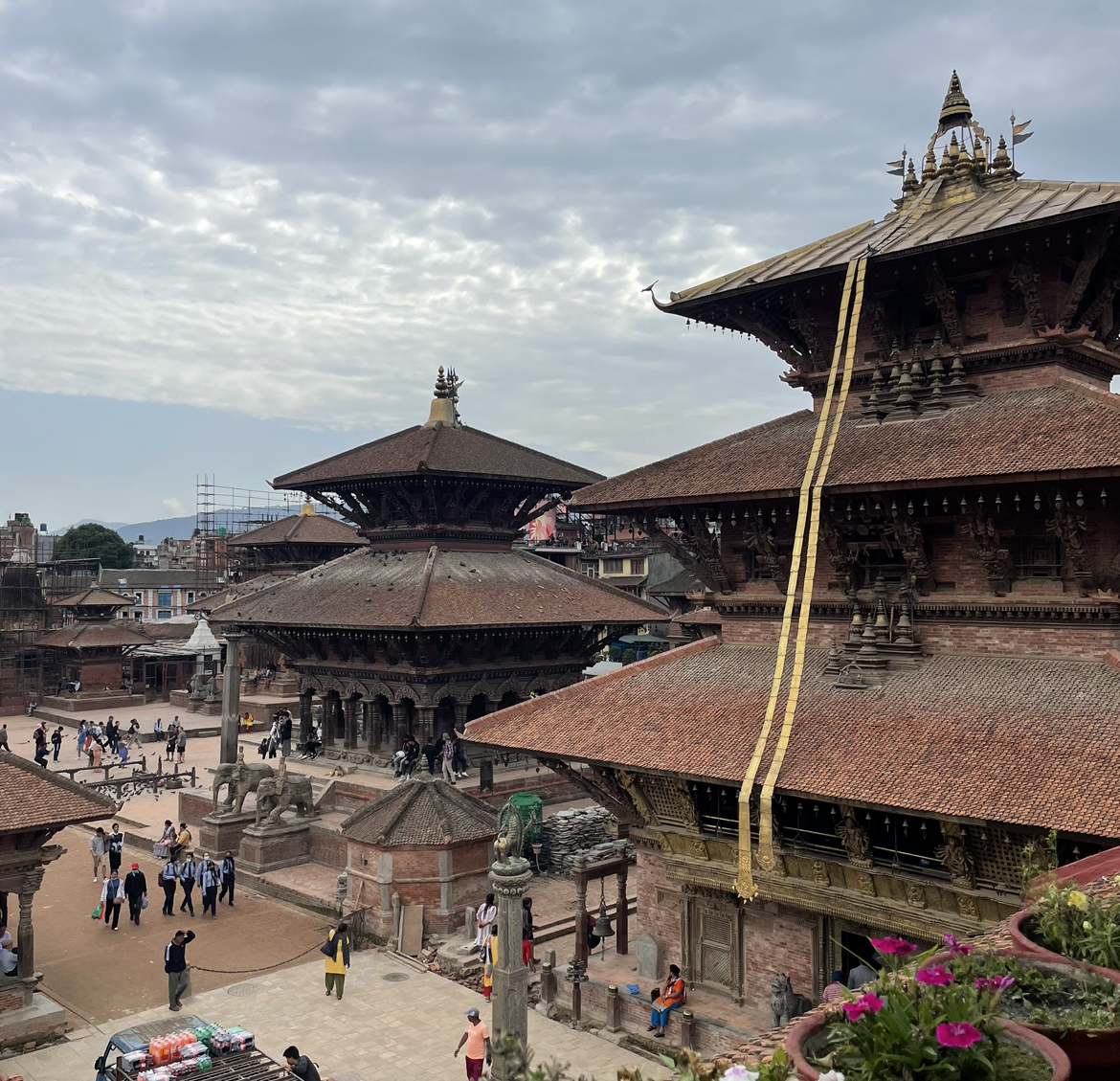

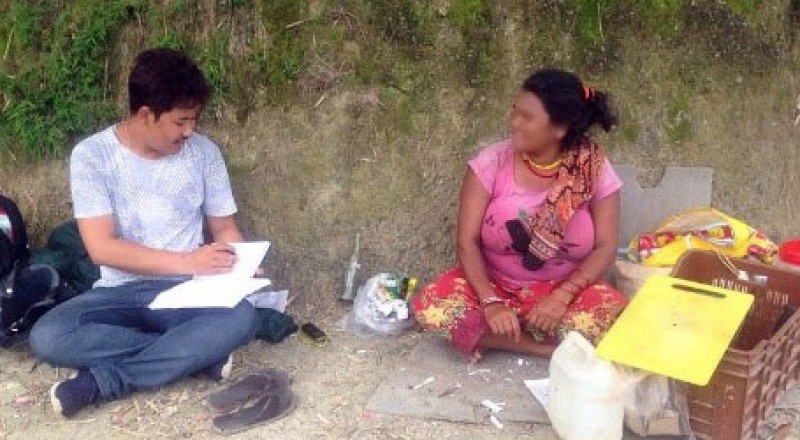
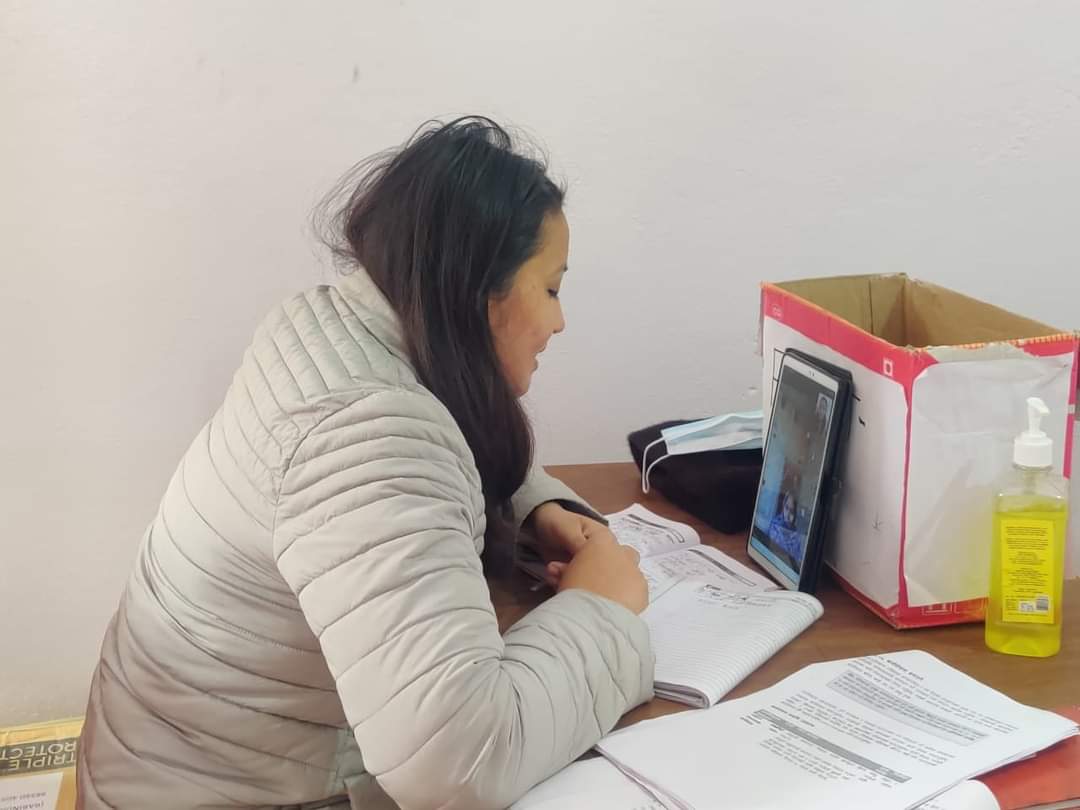
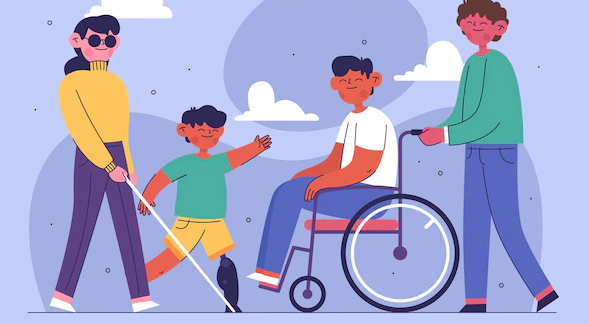
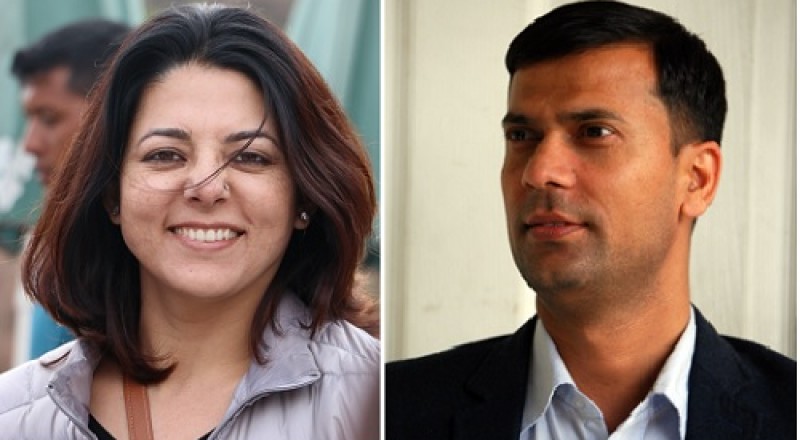
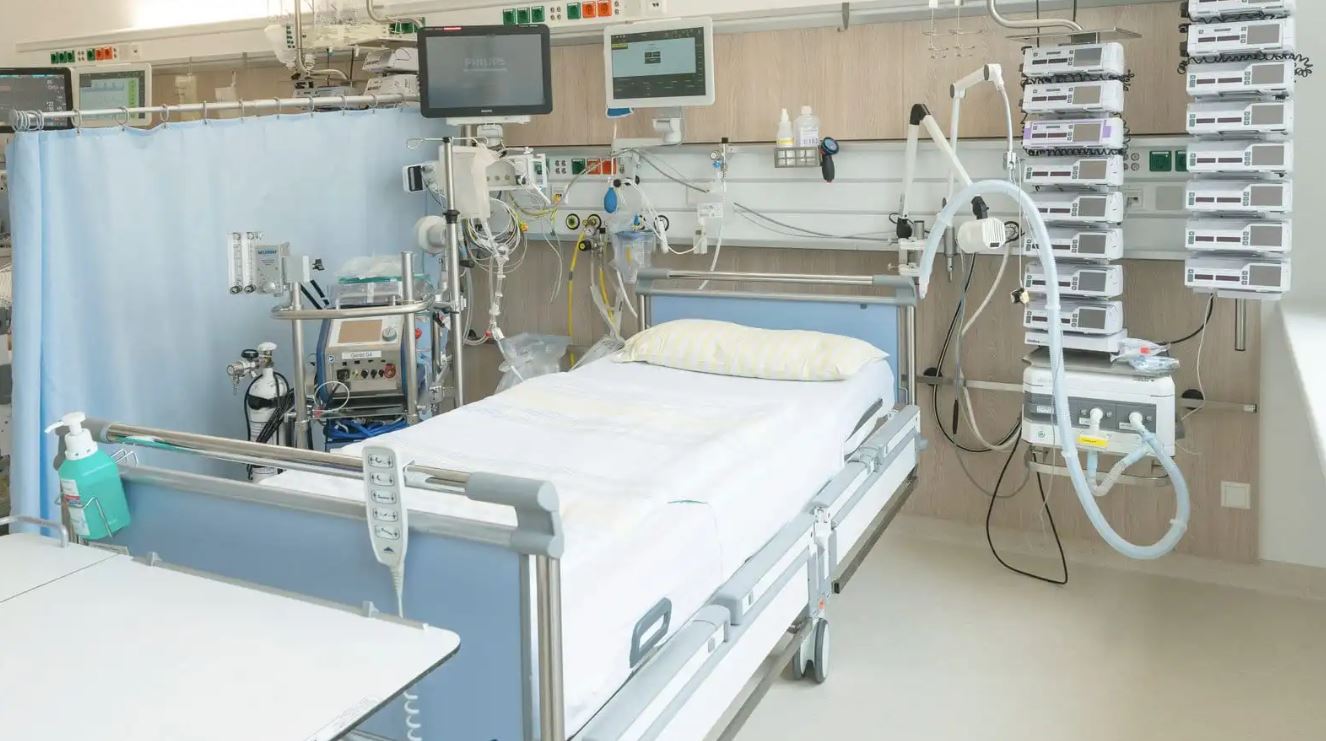
Comments (0)
No comments found.